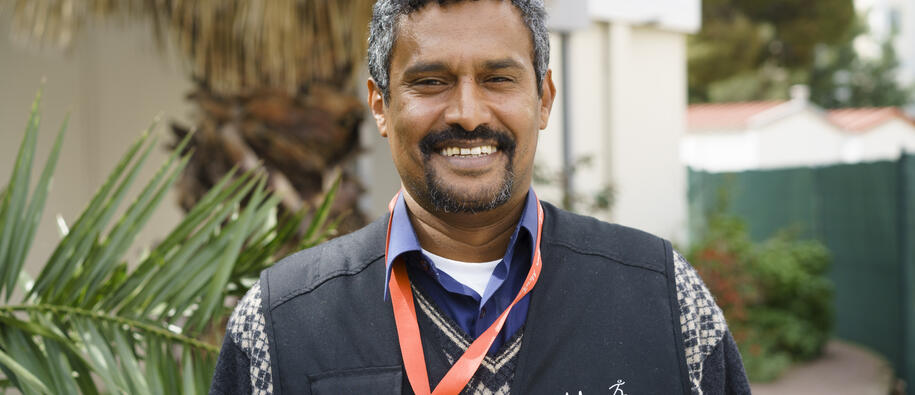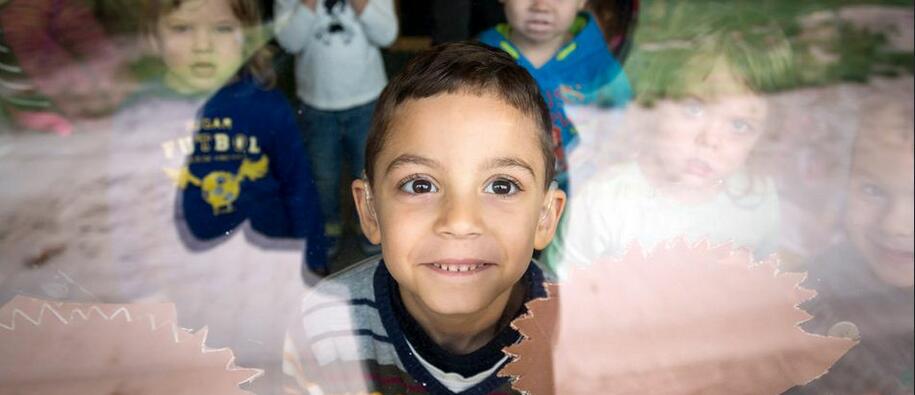Currently available funding
There are currently no calls for proposal.
Programme Summary
Why is the programme needed? During the last 10-15 years, Greece has experienced a sharp rise in irregular migration making the country the main entry point to the EU and the borderless Schengen-area. After considerable international pressure, the Greek government launched a fundamental reform of its asylum- and migration system in the autumn of 2010. Despite a difficult economic situation, the Greek government has continued working with EU-institutions and the UNHCR on implementing the reforms. What will the programme achieve and who are the beneficiaries? The programme will provide crucial start-up funding for the new Greek asylum institutions. In the summer of 2013, a new independent Asylum Service staffed by civil servants shall become responsible for assessing requests for asylum in accordance with international standards. This work is currently done by the Greek police. Similarly, a First Reception Service takes charge of “screening” of irregular migrants, i.e. defining their identity, their medical and psychological needs, informing them about their right to seek asylum etc. Irregular migrants and asylum-seekers, especially vulnerable groups such as unaccompanied minors, will be the main beneficiaries of the Programme.How will it be achieved? • Interpretation will be provided at the central and regional offices of the Asylum Service as well as at the Appeals Committees. Information material on the asylum procedure will be produced in different languages. A free multilingual telephone line will give similar information 24 hours/7 days a week. The Asylum Service will offer basic medical assistance. Extra staff will be hired to the Asylum Service to speed up the processing of asylum requests. • For the first time ever, a First Reception Center has been established at the border with Turkey (at Evros), one of the main entry points for irregular migrants. At any one time, the centre can receive 240 persons, and through the EEA Grants they will be provided with food, shelter and basic medical help during the first screening period. • Temporary shelter for unaccompanied minors will be established. A call for tender will be organised to find a suitable institution to run the shelter. How will bilateral relations be strengthened? The Norwegian Directorate of Migration (UDI) has worked with the Greek authorities in developing the programme. UDI will continue to share its experience on the handling of asylum requests, the running of reception centers etc. What are the partnership opportunities? There might be partnership opportunities related to the exchange of information.Who can apply for funding under this programme? There will be no call for proposals.

